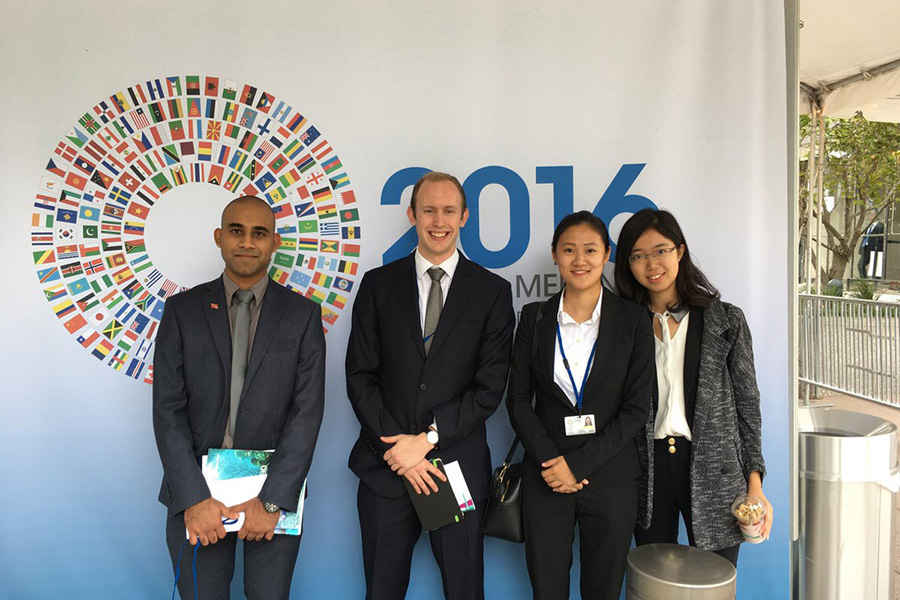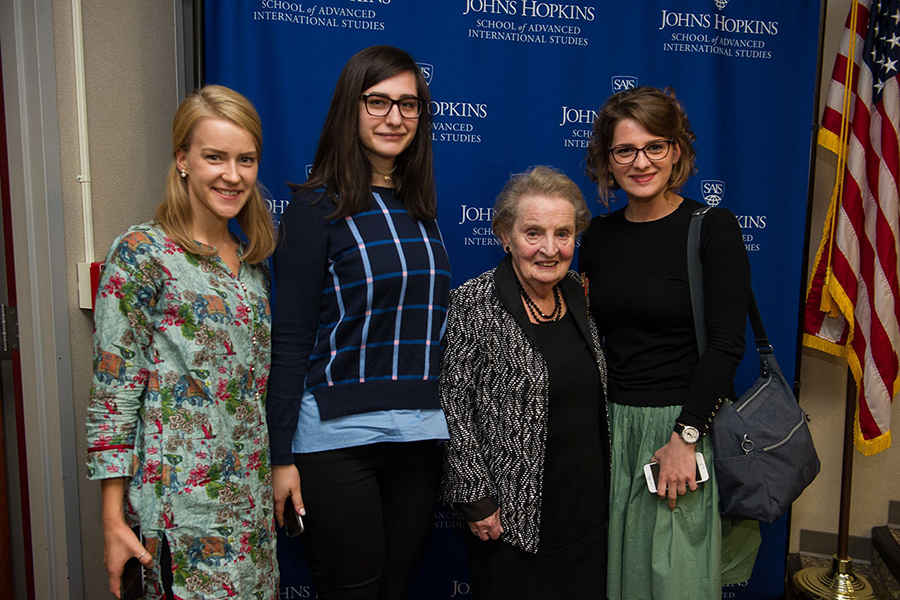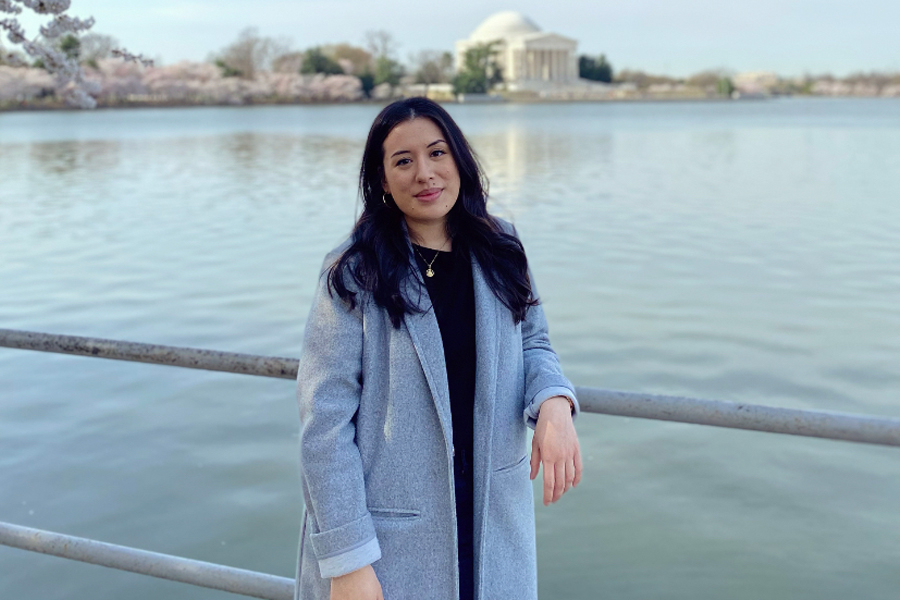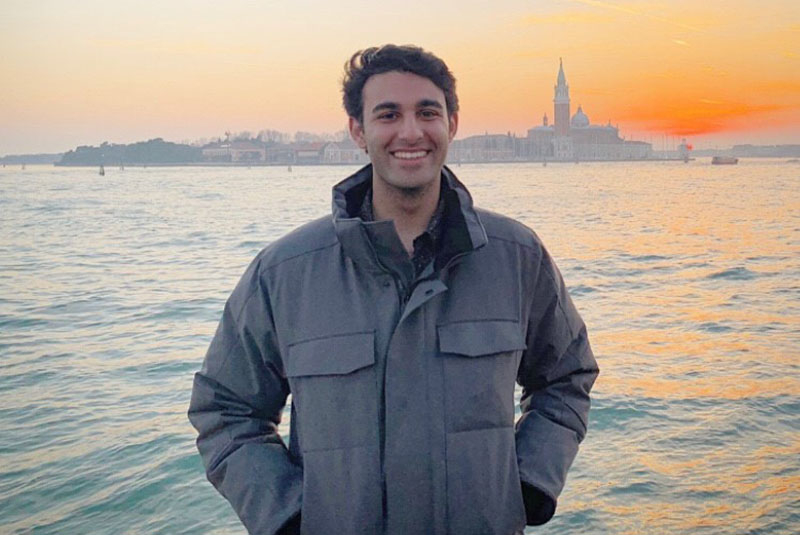Master of Arts in International Economics and Finance (MIEF)
Overview
The Master of Arts in International Economics and Finance (MIEF) is a comprehensive, cohort-based degree that provides an integrated learning experience through intensive classroom instruction and interactive sessions. Offered full-time in person at our Washington, DC campus, this STEM-designated program equips you with advanced knowledge of economic theories, professional quantitative and econometric skills, and the ability to analyze a broad spectrum of international economics and financial issues.
The MIEF can be completed in 2 academic years or in a 1-year accelerated timeline.
Become an Expert
Students begin their program with a review of intermediate microeconomics, macroeconomics, and econometrics courses before moving into advanced courses in quantitative methods, international finance, and international trade. Students have the opportunity to enroll in skills courses focusing on R, Python, and other practical research tools to prepare them for their Applied Research Paper and Capstone projects. Advanced economics electives allow each student to customize their degree to better prepare them for their future careers in various international economics and finance fields.
Quantitative Background
Given the intensive focus of the program on economics and finance, it is preferred that candidates have an undergraduate degree in economics or a related field with strong analytic skills.
-
Basic Calculus: Functions of one variable (limits, derivatives of first and second order, integrations, differential equations of first and second order)
-
Intermediate Calculus: Functions of N variables (multi-variable differentiation of first and second order, multiple integrations, differential equations of first and second order)
-
Statistics or equivalent (random samples, samples versus populations, sample moments and their distributions, probability distributions, hypothesis testing)
-
Basic Econometrics or equivalent (Ordinary Least Squares, nonlinear least squares, Maximum Likelihood function, properties of residuals, approaches to address violations of classical assumptions, forecasting)
-
Intermediate Econometrics or equivalent (estimators for system of equations: 2SLS, IV, Full Information, simultaneity bias, Vector Autoregression, Panel Data with fixed and random coefficients, forecasting ex-post and ex-ante)
-
Intermediate Microeconomics (utility maximization and demand schedules, profit maximization and supply schedules, market structures, general equilibrium, and welfare, international trade: two country, two factors, two products)
-
Intermediate Macroeconomics (measurement of macroeconomic aggregates, models of economic growth, explaining business cycles, implementation of monetary and fiscal policies, international finance exchange rates, uncovered interest parity condition, balance of payments.
-
Advanced Microeconomics (Heterogeneity of utility functions, aggregation of consumer demand functions, profit maximization under heterogeneous technology structures, aggregation of producers supply schedules, existence and uniqueness of equilibrium prices, market structures and market failures, general equilibrium and welfare, game theory, international trade: N countries, N factors, N products)
-
Advanced Macroeconomics (Micro foundations of macroeconomics, credibility of policies, intertemporal policy optimization, sustainability of external imbalances, international policy coordination and game theory)







